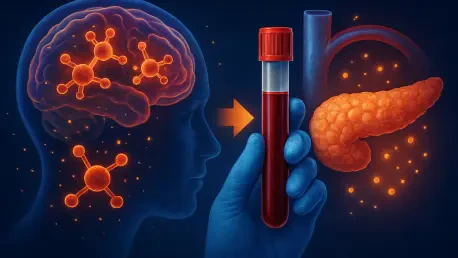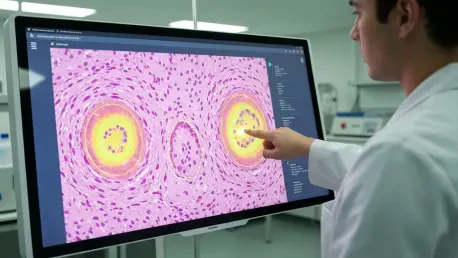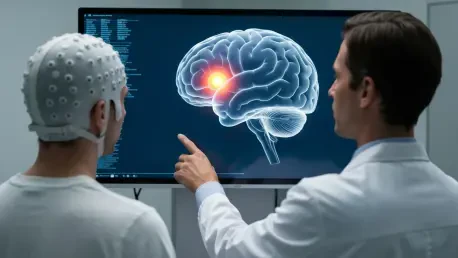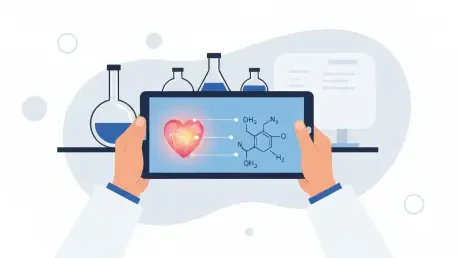
The silent progression from metabolic health to type 2 diabetes has long been a shadowy path for millions, but a groundbreaking fusion of artificial intelligence and cellular biology is beginning to illuminate the journey with unprecedented clarity. Globally, hundreds of millions of people are

Today, we are joined by Ivan Kairatov, a biopharma expert at the forefront of technological innovation in medicine. With colorectal cancer ranking as the third most common cancer worldwide and the second leading cause of cancer-related deaths, the medical community is urgently seeking better

A comprehensive analysis of an individual's drug exposure is a critical yet often elusive goal for doctors and researchers, as the true chemical history of a person is frequently obscured by incomplete and potentially misleading information. The conventional methods for gathering these details,

For millions of people living with drug-resistant epilepsy, the hope for a cure often comes with a terrifying prospect: undergoing invasive brain surgery just to find the precise origin of their debilitating seizures. This high-stakes diagnostic journey requires surgeons to place electrodes

The ongoing battle against highly aggressive blood cancers has reached a pivotal moment with the emergence of a groundbreaking therapy that demonstrated remarkable effectiveness in recent clinical trials. Comprehensive data presented at the 67th American Society of Hematology (ASH) Annual Meeting

The staggering reality that over ninety percent of all drugs entering human trials ultimately fail to gain approval casts a long shadow over modern medicine, with unforeseen cardiotoxicity being a primary culprit for these costly and dangerous late-stage collapses. The concept of the cardiovascular